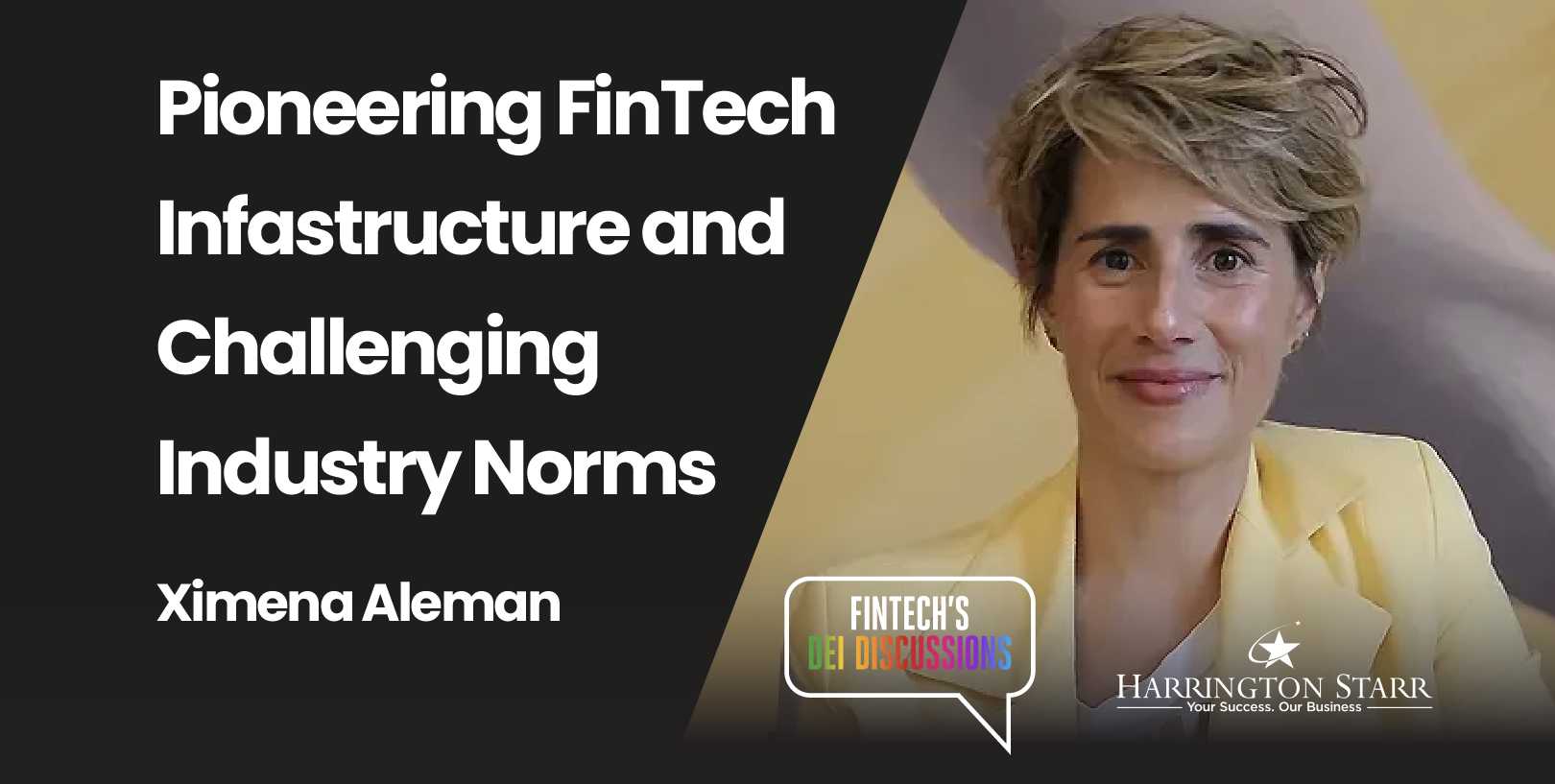The fintech sector disrupts the status quo of finance daily. It challenges cumbersome methodologies and time-consuming transactions to improve accessibility and efficiency. It's no wonder that a typical fintech resume challenges some of the traditional norms expected. As of 2024, there are nearly 30,000 fintechs worldwide. This is the most ever to exist, having grown by over 3,500 in 2023. America alone grew by 1,500 fintechs, and in February 2024, America held the record for producing the world’s most fintech unicorns. Gartner predicts IT spending to increase 8% to $5.06 trillion this year. In addition, Morgan McKinley expects 62% of the workforce to be looking for jobs believing they are underpaid.
These growth factors, investment, and predicted job movement make it even more important to understand the mechanics of job hunting in fintech. Several hiring managers across the industry have shared why the fintech resume is unique.
Agile Fintech
As an industry, fintech has proved itself to be ready to pivot and re-align to meet demand, adhere to new regulations or adapt to a changing economy. In some cases, only 2% of candidates who apply to roles get selected for interviews. Some of the main reasons for being deselected are long resumes with no clear accomplishments. Many have overly detailed project descriptions that don’t share any personal contributions. It is crucial to show how agile you have been and can be. Rianna Kelly is the Senior Manager in Data at Zepz. She says, it's important to remind ourselves “fintech is an action-orientated industry.” Every resume should grab the reader's attention by focusing on what has happened and what they are capable of. The mindset of a fintech is all about problem-solving, adapting and continual learning. When documenting your career, you should focus on where you have driven solutions and what transferable skills you built.
Mission Fintech
Every fintech is unique and on a change mission. Purpose driven businesses need people who are also motivated by learning and taking on new tasks that are bound to challenge them. Gunay Aksoy, Senior Business Leader at Axoni says a great resume is all about “experience,” “achievements” and “key contributions.” She emphasised that “outcome focused resumes make me want to come back and hear more about you." This should include performance metrics, precise citations of technical skills, along with proficiency in communication and presentation skills. It is key to bullet point your contribution within a project rather than detail it step by step. Most people omit their personal mission and what they want in their next role. It is worth thinking about what you really want in your next role and articulating that. If you can tie in relevant points that are specific to the company you are applying for, then you will set yourself apart.
Accessible Fintech
The world of fintech is tuned into accessibility. That can be through customer-centricity or a focus on efficiencies and clarity. Matt Cheung is the CEO of ipushpull and Founder of ‘Work in Fintech.’ He says you “need to have grabbed my attention within the first page and, in most cases, the summary.” Often, hiring managers will review resumes on their smartphones. This reduces the visibility for the hiring manager and increases the need for them to be “concise and clear.” The summary becomes that much more important as that will determine whether someone clicks in to view your entire resume. Matt urges applicants to correct their grammar and spelling, having seen far too many people overlook these important details. Many managers indicate they prefer resumes to be 1 page and “2 pages as a maximum.” Others have spoken about having specific edits of your resume for different roles and companies you are applying for. This is particularly true when you apply for roles when you know who is reading the resume. A C-level recipient may look for attitude over skills. An AI bot may search for a detailed list of skills. You should expect a recruiter to cross-check your LinkedIn profile with your resume. Both should support one another and clearly highlight your successes.
Growing Fintech
As the fintech space seeks to challenge the status quo in finance, there are many skills they desperately need. Competition is fierce, and the regulation parameters are constantly changing. There has been an increase in demand for AI, data and regulation knowledge within job adverts in some cases by up to 20%. The demand also remains high for those who can communicate well and write code. Businesses are looking at growth trajectories and will be assessing whether you are someone who will be able to help take the business forward. In talks with Luke Trayfoot, the CCO of Brite Payments, he said in fintech, you want to hire someone “who is going to grow.” He spoke about people who take “ownership” and “accountability” for their growth. If you are a person who has challenged themselves in their career, exhibiting that in your resume is key.
Traditional advice for presenting yourself and your resume doesn’t always apply in an industry looking to disrupt. With change in the sector, there will be more demand for accurate, well-thought-out resumes. Hiring managers will want resumes that showcase not only what you have done but also what you are capable of doing next.







